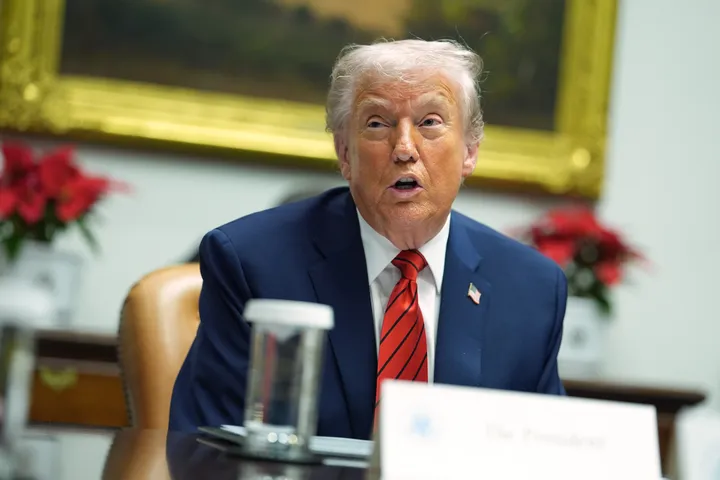A judge in Myanmar said he will issue a verdict next Monday in the trial of two Reuters journalists accused of possessing secret state information, a case that has become a key test of media freedom in the former military dictatorship.
Closing arguments were heard Monday in the trial of Wa Lone and Kyaw Soe Oo, who are charged with illegal possession of official documents and face possible jail terms of up to 14 years under a law dating back to British colonial rule, when the country was called Burma.
The defendants say they were framed by police, and did not solicit or knowingly possess any secret documents.
"The evidence before the court is clear: Wa Lone and Kyaw Soe Oo are two honest reporters who did not commit a crime," the Reuters news agency said in a statement Monday.
"Imprisoning them for even one more day would be unlawful retribution for their truthful and important journalism. We look forward to the court's acquittal, which will be an important step towards demonstrating Myanmar's commitment to rule of law, freedom of the press, and democracy."
The two reporters had been working on a story about a massacre of Muslim Rohingya men by security forces in a village in Rakhine state during a counterinsurgency operation that critics say involved massive human rights violations and was responsible for driving 700,000 people into neighbouring Bangladesh. The government denies any widespread abuses but continues to restrict access to the area.
"They just did their jobs for their people and their country," Khin Maung Zaw, a lawyer for the journalists, told reporters covering the trial. "I believe they are innocent. And I told the judge, 'The scale of justice should be tempered with mercy,' which is the Golden Rule of Burmese jurisprudence," he said.
In remarks shouted to reporters on their way into the courtroom, the two defendants expressed their belief they would be acquitted.
"As for me, next week, I am expecting to see the rule of law in our country and freedom of the press," said Kyaw Soe Oo, 28.
Wa Lone, 31, said: "The accusations from the complainant's side are nonsense and they don't understand the duty of journalists. So I strongly believe that I will be meeting my little daughter soon."
Wa Lone's wife, Pan Ei Mon, delivered the couple's first child in Yangon on August 10, but Wa Lone has not yet seen his daughter.
When Myanmar leader Aung San Suu Kyi's National League for Democracy won a general election in 2015 after more than 50 years of military rule, hopes were high that the victory would usher in a new era of media freedom.
But since then a series of arrests of journalists has sent a chill through newsrooms. Earlier this year the media group Reporters Without Borders moved Myanmar down six places to number 137 in its annual World Press Freedom Index.
























